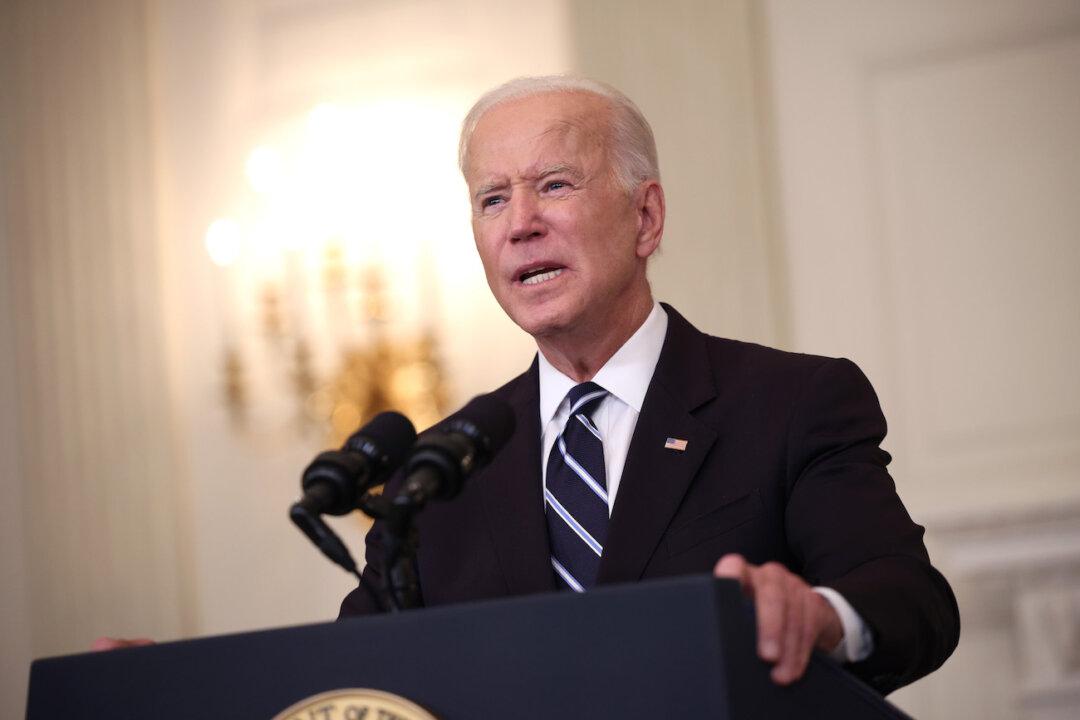In a callback to President Franklin Roosevelt’s “Civilian Conservation Corps,” the White House and Democrats in Congress are pushing a new “Civilian Climate Corps” in their expansive $3.5 trillion budget resolution.
During President Joe Biden’s April address to congress, the commander-in-chief tied “meeting the climate crisis” to the creation of new jobs.





